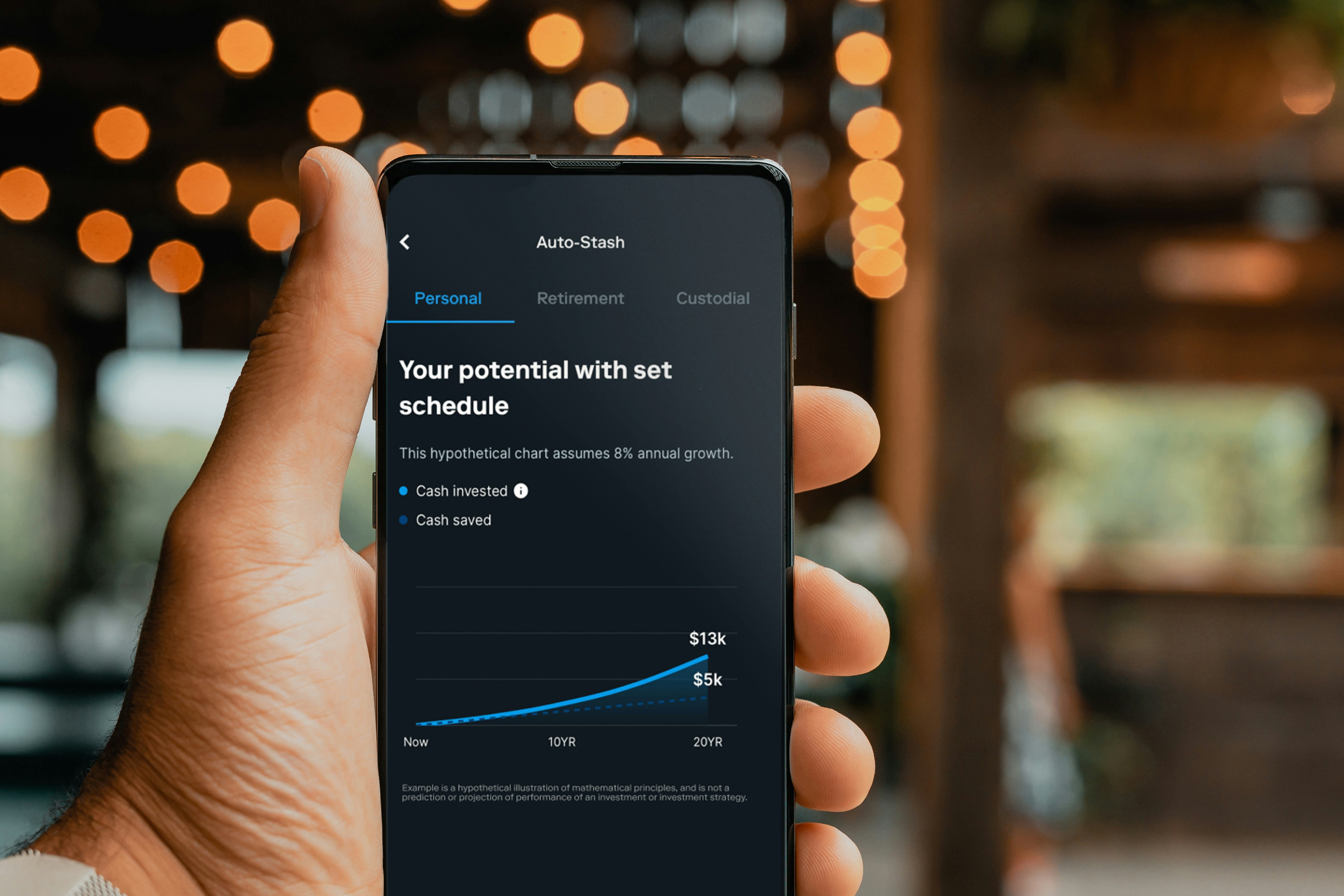Understanding the Basics of Budgeting
Budgeting is a fundamental financial practice that involves creating a plan to manage income and expenditure effectively. For individuals, particularly newcomers without credit history, understanding budgeting is crucial for establishing a solid financial foundation. At its core, budgeting refers to the process of forecasting future income and expenses, ideally leading to positive financial outcomes.
The primary purpose of a budget is to ensure that an individual allocates enough resources to meet essential needs while also saving for future goals. This financial tool serves as a guiding document, helping to prioritize spending on essentials such as housing, utilities, food, and transportation while also identifying discretionary expenses that can be minimized. By having a clear picture of one’s financial situation through a budget, individuals can prevent overspending and avoid falling into debt, which is especially vital for those who may not have a credit history to depend on.
Maintaining a budget offers numerous benefits. One of the most significant advantages is improved financial control. By tracking where money is being spent, individuals can identify areas where they can cut back, allowing for savings that can be redirected towards essential goals such as building an emergency fund or saving for significant purchases. Furthermore, engaging in budgeting facilitates an understanding of one’s financial habits and encourages responsible spending practices. For newcomers without credit, establishing a budget increases the likelihood of developing positive credit behavior in the future, as it encourages financial discipline and accountability. Ultimately, budgeting empowers individuals to make informed financial decisions that can lead to long-term stability and success.
Assessing Your Financial Situation
Understanding your financial situation is the fundamental first step in creating a simple budget, especially for those newcomers without any credit history. A well-rounded perspective on your finances aids in crafting an effective financial plan that suits your lifestyle and goals. To begin this assessment, one must calculate total income. This should encompass all sources of income, including salaries, freelance work, and any additional earnings. Accurately determining your total income ensures you have a clear picture of the resources available for expenditure and savings.
Next, identifying fixed and variable expenses is essential. Fixed expenses are those that typically remain constant each month, such as rent, utilities, and insurance premiums. In contrast, variable expenses can fluctuate, including costs like groceries, dining out, and entertainment. By cataloging these expenses, you can recognize the regular financial commitments you must meet, thus allowing for a more precise budget formulation. Additionally, it is crucial to distinguish between needs and wants during this evaluation process. Needs refer to essential expenses that are necessary for daily living, while wants are discretionary purchases that enhance enjoyment but are not vital.
By effectively distinguishing needs from wants, you can prioritize your spending. Allocating funds more wisely can lead to smarter financial decisions and greater savings over time. Analyzing your income alongside your expenses will unmistakably highlight areas where adjustments may be necessary. Strengthening your understanding of your financial situation is indispensable before proceeding to budget development. With this clear view, you will be better equipped to set financial goals and manage your resources efficiently, ultimately leading to a more sustainable financial future.
Setting Clear Financial Goals
Establishing clear financial goals is a vital first step in achieving effective budgeting, especially for newcomers who may have no credit history. Financial goals create a roadmap that guides your spending and saving habits, helping you to maintain focus and measure your progress over time. To maximize the effectiveness of these goals, employing the SMART criteria—Specific, Measurable, Achievable, Relevant, and Time-bound—is highly recommended.
When defining financial goals, start by specifying exactly what you want to achieve. Instead of stating a vague intention to “save money,” a specific goal would be to “save $1,000 for an emergency fund by the end of the year.” By being specific, you create a clear target that helps drive your behavior and informs your budgeting decisions.
Next, consider how to measure the achievement of your goals. This may involve tracking how much you are saving each month or noting how quickly you are paying down debts. Setting measurable objectives allows you to evaluate your progress. For instance, if your goal is to pay off $5,000 in credit card debt in 12 months, you can break that down into monthly payments of around $417, making it easier to work toward your target.
It’s also essential to ensure that your goals are achievable. Setting unrealistic financial targets can lead to frustration and discouragement. Instead, assess your current financial situation and allocate resources accordingly to make your goals attainable. Furthermore, ensure that your goals are relevant, aligning them with your broader priorities, such as improving your financial literacy or preparing for significant life events.
Lastly, all goals should be bound by time. A timeline fosters accountability and momentum, urging you to stay on track. Incorporating these SMART principles into your financial goal-setting process will significantly aid newcomers in crafting a practical budget that aligns with their aspirations.
Choosing the Right Budgeting Method
Selecting the appropriate budgeting method is crucial for newcomers who aim to gain control over their finances, particularly when starting with no credit history. Several budgeting techniques are available, each with unique characteristics, pros, and cons that can cater to different lifestyles and financial goals.
The envelope system is a tangible budgeting approach often favored for its simplicity. In this method, individuals allocate cash for specific categories of expenses by using envelopes. For instance, if you aim to spend $200 on groceries each month, you would place that amount in a designated envelope. Once the cash is exhausted, no further spending in that category occurs until the next month. While this method can effectively limit overspending, it may pose difficulties for those who prefer digital transactions or struggle with managing cash physically.
Another popular method is zero-based budgeting, which requires individuals to assign every dollar of income a specific purpose, resulting in a budget that balances to zero. This method promotes active engagement with finances and encourages thorough expense tracking. A potential drawback, however, is the time commitment needed to create and adjust the budget regularly, which may be overwhelming for newcomers.
Lastly, the 50/30/20 rule offers a more relaxed approach. Under this guideline, individuals allocate 50% of their income to needs, 30% to wants, and 20% to savings or debt repayment. This method is easy to grasp and implement. However, it may not cater to everyone’s unique financial circumstances, especially in situations where fixed expenses consume a larger portion of income.
Ultimately, the choice of budgeting method should align with one’s financial goals, lifestyle, and personal preferences for managing money. Evaluating the pros and cons can help newcomers effectively navigate their financial journey and establish sound financial habits.
Creating Your Budget: A Step-by-Step Guide
Creating a budget is an essential practice for managing your finances, especially when starting out with little to no credit history. A budget helps you track your income and expenses, enabling you to allocate resources effectively towards sharing your financial goals. Here is a straightforward step-by-step guide to help you create a budget that works for you.
First, begin by listing all your sources of income. This includes your salary, freelance work, or any side hustle earnings. It’s crucial to get an accurate picture of your total monthly income, as this will serve as the foundation for your budget. Next, identify and detail all of your monthly expenses. Categorize these expenses into fixed (rent, utilities, insurance) and variable (groceries, entertainment, dining out) costs. You can use apps or spreadsheets to help track these expenses efficiently.
Once you have a clear understanding of your income and expenses, the next step is to calculate your savings goal. Determine what percentage of your income you would like to save each month. A commonly recommended target is 20% of your income; however, this can be adjusted based on your personal financial situation and goals. After calculating your savings, evaluate your expenses against your income to see if there are areas where you can cut back. This might include reducing discretionary spending or finding ways to save on fixed costs.
Lastly, revisit and adjust your budget regularly. Life can be unpredictable, and your financial situation may change over time. By monitoring your budget monthly, you can make informed decisions about where to allocate your funds. This regular review process will help ensure that you remain on track to meet your financial objectives, laying a solid foundation for future credit opportunities.
Tracking Your Spending
Once you have established a budget, the next crucial step is to diligently track your spending. Monitoring expenses is essential for maintaining financial discipline and ensuring that you remain within the budgetary limits you have set. Several tools and methods are available for tracking spending, ranging from modern digital solutions to traditional paper approaches, allowing individuals to choose what best fits their lifestyles and preferences.
For those who prefer technology, numerous budgeting apps can simplify the process of tracking your expenses. These applications often come equipped with features that allow users to categorize their spending, set alerts for overspending, and generate insights into their financial habits. Popular budgeting tools like Mint, YNAB (You Need A Budget), and PocketGuard can help newcomers visualize their financial landscape and provide an overview of where their money is going.
If digital solutions are not preferable, spreadsheet software such as Microsoft Excel or Google Sheets offers practicality, allowing individuals to create custom templates for tracking expenses. This method enables users to have full control over how they organize their finances while also offering easy editing and updating capabilities. For those who appreciate more tactile methods, maintaining a simple ledger book to record daily expenses can serve as an effective way to stay engaged with one’s budget. This old-school approach can enhance the awareness of spending behavior as it requires manual entry and reflection.
Regardless of the method chosen, regularly reviewing spending patterns is essential. By analyzing expenses at the end of each week or month, one can identify trends in spending habits and pinpoint areas for improvement. This practice not only fosters financial accountability but also supports long-term adherence to a well-structured budget, ensuring that your financial goals remain achievable.
Adjusting Your Budget as Needed
Life is indeed unpredictable, and there are instances when your budget may need adjustments. Unexpected expenses or changes in income can significantly impact your financial planning. To navigate these changes effectively, it is essential to have the ability to modify your budget as needed while staying aligned with your financial goals. Flexibility is crucial in personal finance management.
One of the recommended approaches to adjusting your budget is to regularly track your income and expenses. This ongoing assessment will help you identify any discrepancies between your initial budget and your actual spending. By keeping an eye on your financial situation, you can promptly identify areas needing adjustments, such as overspending in a particular category or a sudden decline in income.
It is also advisable to set up an emergency fund, which can serve as a financial cushion during unforeseen circumstances. This fund allows you to handle unexpected expenses, such as medical bills or car repairs, without derailing your overall budget. A common recommendation is to save at least three to six months’ worth of living expenses for emergencies to provide peace of mind and financial security.
In addition, when assessing your budget for adjustments, consider prioritizing your financial goals. If your income fluctuates, you may need to reassess your spending habits and determine which expenses are essential and which can be temporarily reduced or eliminated. Maintaining a balance between flexibility and adherence to your budget will enhance your ability to achieve long-term financial stability. For example, if a significant expense arises, you might choose to adjust your discretionary spending to accommodate it.
In conclusion, adapting your budget to current financial realities is vital for effective money management. By staying vigilant and maintaining flexibility while sticking to your financial goals, you can navigate life’s uncertainties more successfully, ensuring your budget remains practical and achievable.
Common Budgeting Mistakes to Avoid
Creating a budget is an essential step toward achieving financial stability, especially for newcomers who may lack credit history. However, several common mistakes can hinder effective budgeting and lead to unfavorable financial outcomes. One prevalent error is underestimating expenses. Newcomers may overlook minor daily expenditures or fail to anticipate significant costs, leading to a budget that does not reflect reality. To avoid this mistake, it is crucial to thoroughly track both fixed and variable expenses over a month. This practice ensures a more accurate and comprehensive view of one’s financial obligations.
Another frequent budgeting pitfall is neglecting to account for irregular costs. Many newcomers might focus solely on regular monthly bills, such as rent or utility payments, while forgetting sporadic expenses like car maintenance, medical bills, or annual subscriptions. These irregular costs can quickly accumulate and disrupt a carefully constructed budget. To mitigate this issue, creating a “sinking fund” or setting aside a specific amount each month for these unpredictable expenses can help ensure they do not derail overall budgeting efforts.
Moreover, failing to set realistic financial goals is a crucial mistake that newcomers should avoid. Many may be tempted to create overly ambitious savings targets or aim to eliminate debt too quickly, which can lead to frustration and demotivation. Setting achievable, incremental goals allows individuals to experience consistent progress and fosters a positive attitude towards financial management. Breaking larger financial objectives into smaller, more manageable milestones promotes sustained engagement with a budget.
By recognizing these common pitfalls—underestimating expenses, neglecting irregular costs, and setting unrealistic goals—newcomers can create a more effective budget. This strategic approach will not only facilitate adherence to the budget but also pave the way for improved financial literacy and well-being.
Celebrating Your Financial Milestones
As you embark on the journey of budgeting, acknowledging and celebrating your financial milestones is crucial. Every achievement, no matter how small, represents a step towards greater financial stability and success. When newcomers to budgeting recognize their progress, it fosters a sense of accomplishment and motivates them to remain committed to their financial plans.
Milestones in your budgeting journey may include saving your first $100, paying off a single debt, or successfully sticking to your budget for an entire month. These achievements signify improved financial management skills, and celebrating them can reinforce positive behaviors. Recognizing these milestones helps create a rewarding experience, promoting an ongoing commitment to budgeting and healthy financial habits.
Moreover, celebrating achievements can take various forms. It may mean treating yourself to a small reward, sharing your success with friends or family, or simply taking a moment to reflect on your financial journey. By acknowledging these milestones, you create positive associations with budgeting, turning it from a tedious task into an encouraging practice. This approach not only boosts your morale but also lays the foundation for continuing progress in your budgeting efforts.
Furthermore, these celebrations can serve as reminders of how far you have come, especially when the path may feel daunting. They provide the necessary motivation to push through potential challenges and help maintain focus on long-term goals. Ultimately, the more you celebrate your financial milestones, the stronger your dedication to paving a successful budgeting journey. Embrace each small victory, as it contributes significantly to your overall financial picture and encourages you to keep striving for more significant achievements.


